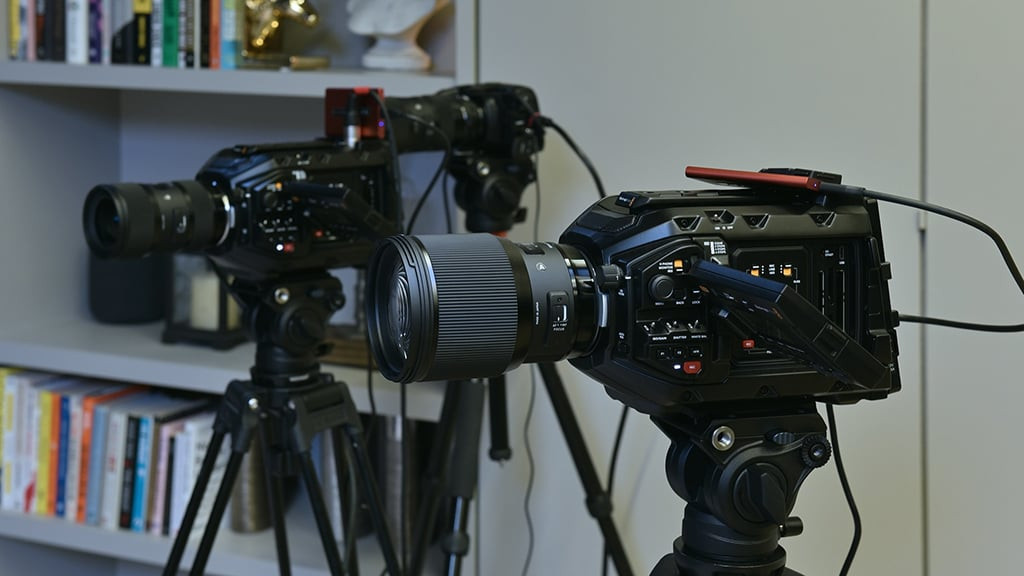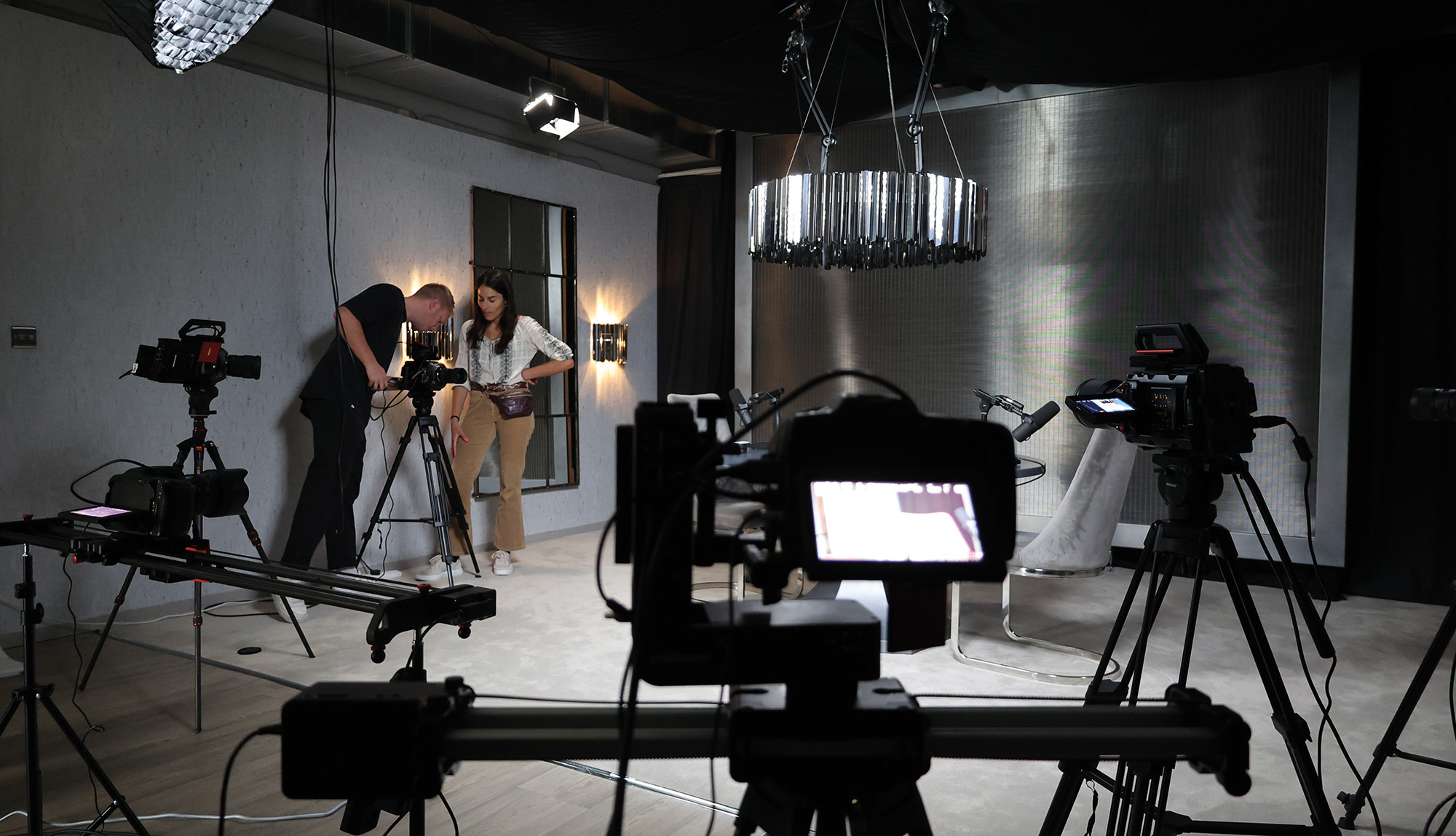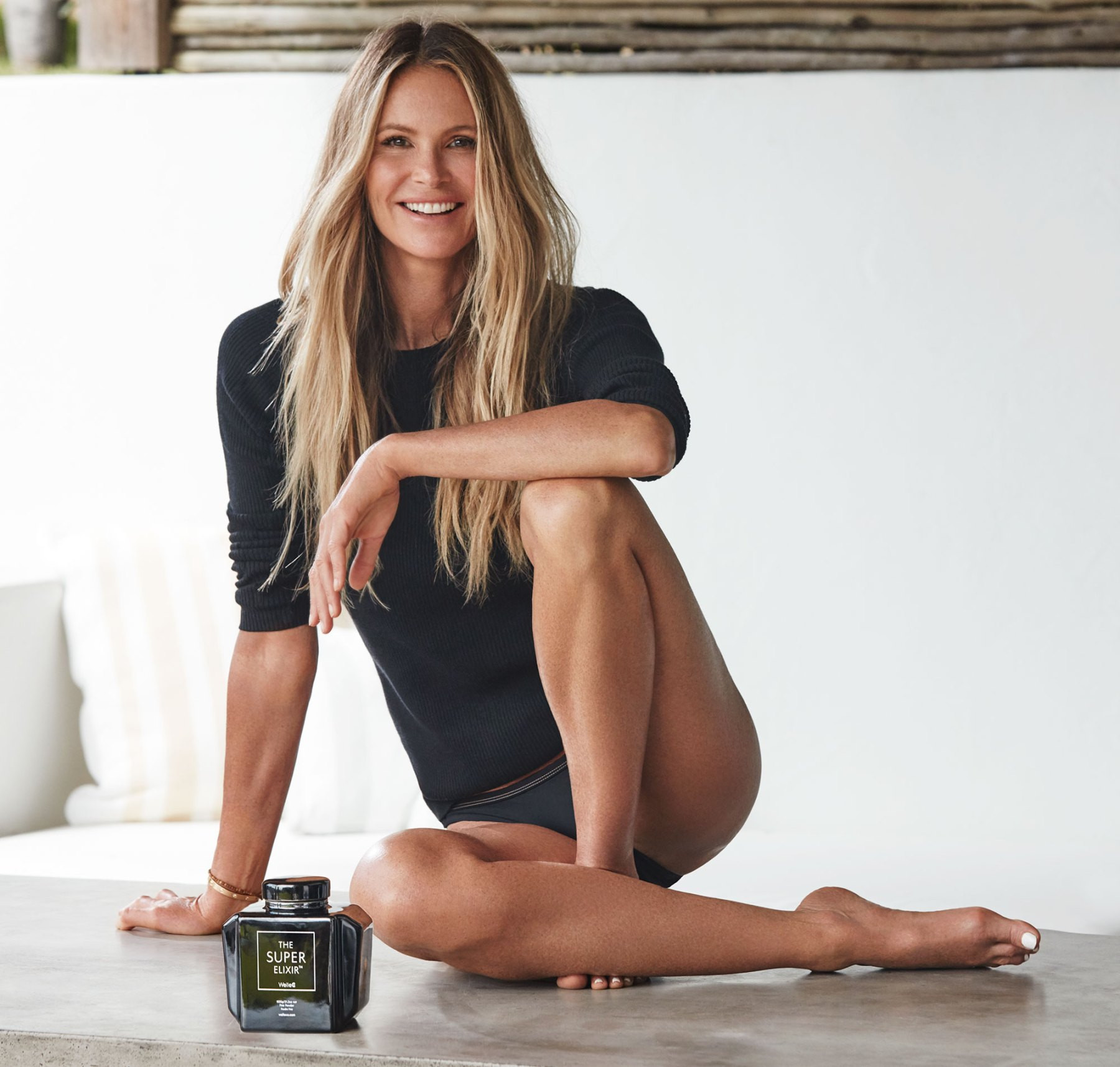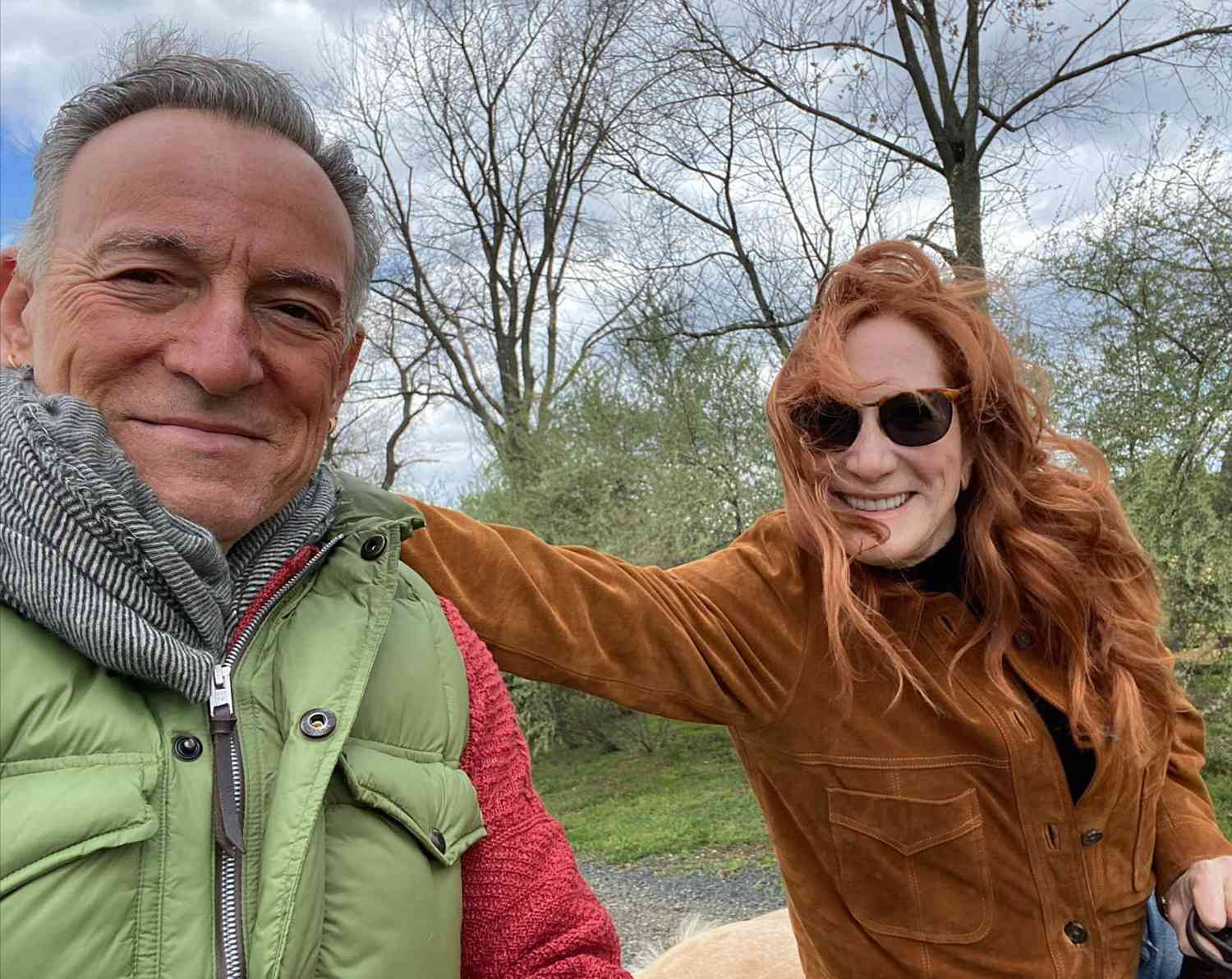Steven Bartlett's Diary of a CEO Podcast Faces Backlash Over Health Misinformation
Dragons' Den star Steven Bartlett's hugely popular podcast, Diary of a CEO, has been embroiled in controversy after a BBC investigation revealed a concerning pattern of unchallenged health misinformation. The investigation, which analyzed 15 episodes of the podcast, found an average of 14 harmful health claims per episode that contradict widely accepted scientific evidence. These claims, often presented by guests without sufficient challenge from Bartlett, range from promoting the keto diet as a cancer treatment to characterizing the Covid-19 vaccine as a net negative for society. This has sparked widespread criticism from health experts, who warn of the potential harm to listeners, particularly those with serious illnesses.
The BBC Investigation: Unchallenged Claims and the Risk to Public Health
The BBC World Service investigation meticulously examined the podcast's content, highlighting numerous instances where guests shared unsubstantiated health claims. One example featured Dr. Thomas Seyfried's assertion that cancer treatment could be significantly improved by following a keto diet, a claim that directly opposes established medical consensus. Another episode featured Dr. Aseem Malhotra, who controversially stated that the Covid-19 vaccine was detrimental to society. The alarming finding is that these claims went largely unchallenged, raising concerns about the podcast's responsibility in disseminating potentially harmful information.
The Podcast's Response: Freedom of Expression vs. Responsibility
In response to the BBC's investigation, Flight Studio, the production company behind the podcast, defended its approach, stating that guests are offered “freedom of expression” and that each episode undergoes “thorough research.” However, the company's statement emphasizes the diversity of views presented while largely failing to address the validity or potential harm of the misinformation shared. This highlights a crucial tension between promoting open dialogue and ensuring the accuracy of information shared on a platform with millions of listeners.
Expert Commentary: The Danger of Misinformation and Distrust in Medicine
The controversy has drawn sharp criticism from leading health experts. Heidi Larson, an expert in public confidence in healthcare, expressed alarm about the podcast's potential to dissuade listeners from evidence-based medicine, stating that the podcast's guests are “way overstretching” scientific findings and that listeners “stop doing things that might have some side effects, even though it could save their life.” Similarly, other experts have expressed concern that the unchallenged propagation of these claims erodes trust in conventional medicine and may lead to worse health outcomes for those who choose to follow the advice provided by the podcast’s guests. The vast reach of the podcast, with 15 million monthly views, further magnifies the potential negative consequences.
Previous Controversies: A Pattern of Questionable Claims and Endorsements
This isn’t Bartlett's first brush with controversy. In August, the Advertising Standards Authority (ASA) banned Facebook adverts featuring Bartlett’s endorsements of Zoe, a diet app, and Huel, a food supplement company. The ASA deemed these ads misleading because they failed to disclose Bartlett's financial interests in both brands. This incident, coupled with the current health misinformation controversy, raises questions about Bartlett’s due diligence in verifying the accuracy and ethical implications of the content he shares on his highly influential platform. This also highlights a broader trend in the wellness industry, where unsubstantiated claims are often promoted as credible health advice.
A Look at Specific Guests and Their Claims
The BBC investigation highlighted several guests who made dubious claims. The podcast has featured experts like Dr. Jason Fung, who advocates for intermittent fasting, and Gary Brecka, a self-proclaimed “human biologist” who makes far-reaching claims about predicting death and the causes of Alzheimer's disease and ADHD. While some of these guests may present evidence to support their claims, a deeper dive reveals that this evidence is often selectively chosen, misrepresented, or lacks the necessary scientific rigor. The podcast often lacks a robust framework for evaluating the validity of such assertions. Such a lack of critical evaluation raises concerns about the ethical responsibilities of the podcast in promoting potentially harmful health practices.
The Future of the Podcast: Navigating the Line Between Open Dialogue and Responsibility
The controversy surrounding Bartlett's podcast underscores the crucial challenge of balancing freedom of expression with responsible content moderation, especially in a field as sensitive as health and medicine. The podcast's immense popularity and influence demand a more robust approach to fact-checking and critical evaluation of the claims made by its guests. The potential consequences of propagating misinformation are too significant to ignore. Moving forward, increased transparency, rigorous fact-checking, and a clear commitment to presenting credible information are essential to protect listeners from potential harm and to maintain the integrity of the podcast’s platform. The future of Diary of a CEO may depend on its ability to navigate this complex balancing act effectively.



















